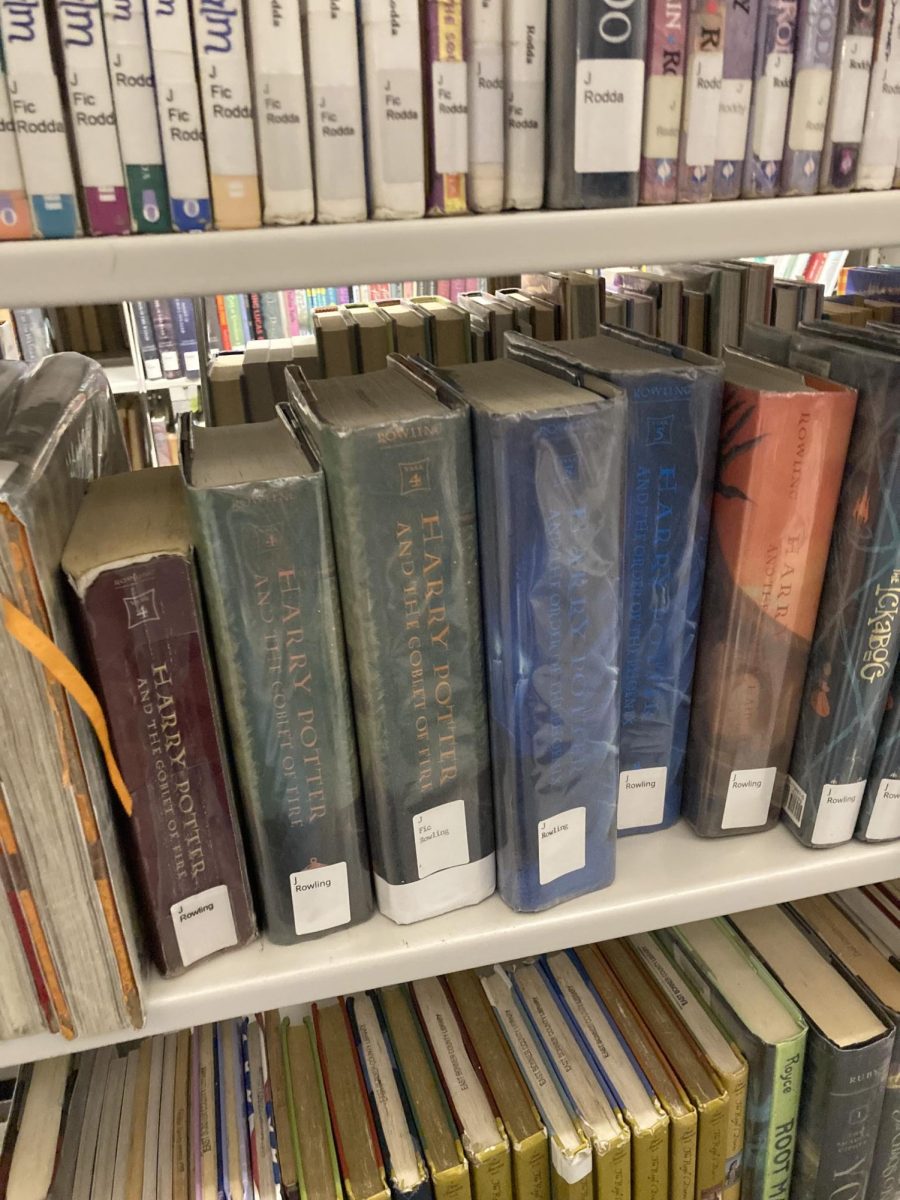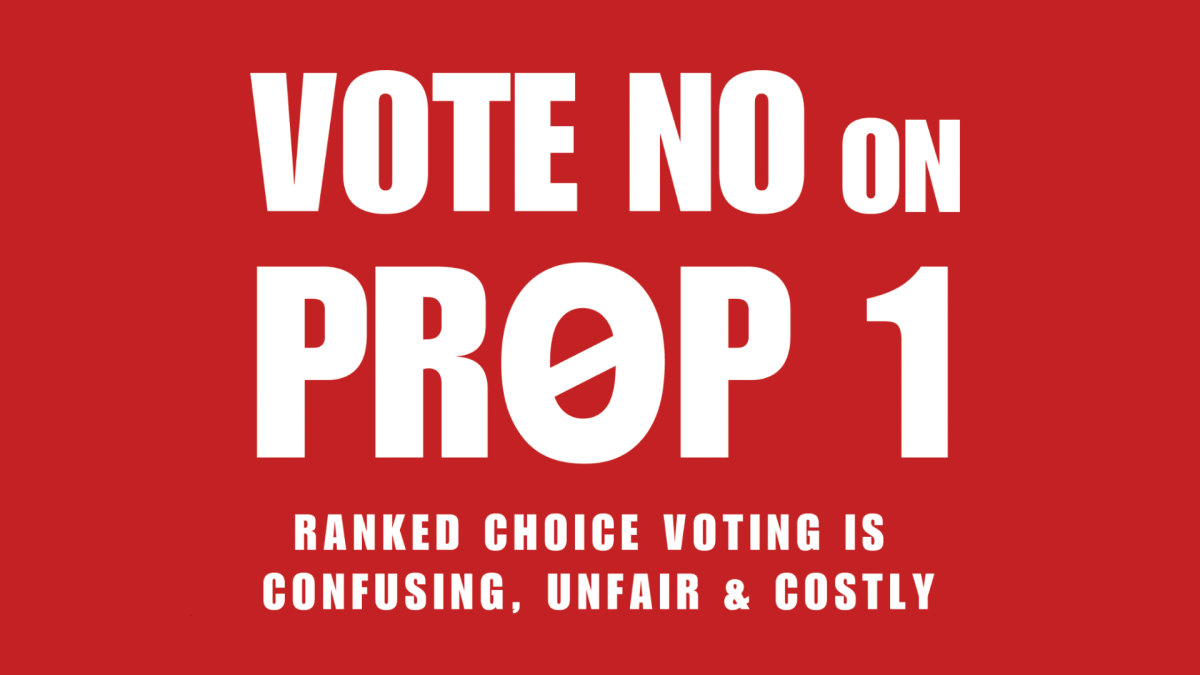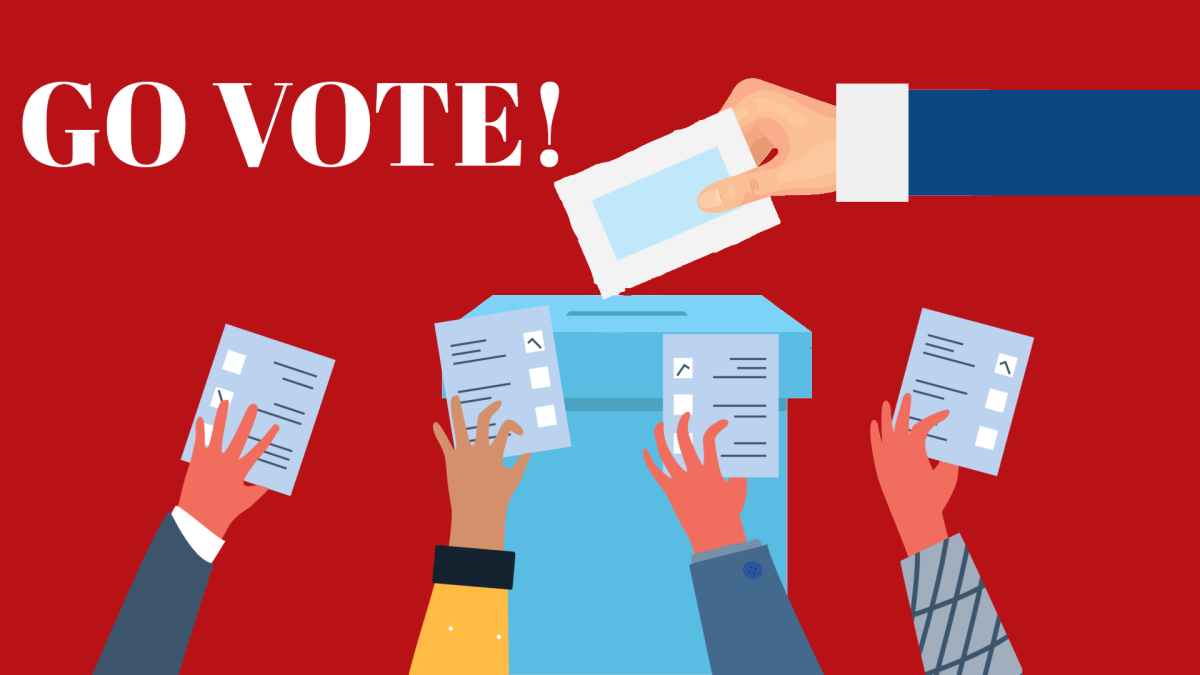The year 2023 saw a lot of United States legislatures that promoted book restrictions, with the grand total of such bills numbering over 500. Now, following the form of states like Florida and Texas, Idaho is now proposing House Bill 384, which works to expand upon the Idaho obscenity law established in 1972; this law prevented minors from accessing “obscene materials.” Previously, libraries were exempt from this law, which this new bill works to counteract by forcing libraries to remove these books from their shelves. Parents, if they deem that the material their children are consuming is inappropriate, can earn up to $250 in damages, and possibly even accrue more in civil suits. Some have indicated that this could be a major economic problem, with libraries having to spend more money to replace the indeterminate amount of books that would be banned, and also a possible loss of business over such affairs. People also indicate that this would be a suppression of 1st Amendment rights by banning books from the library, which has been a major concern in previous cases of book banning. Another concern is that people think that this could be pushing harmful agendas, like homophobia, by possibly getting rid of books that contain homosexual acts, even minor ones like two members of the same sex holding hands.
Megan Parrie, a senior at Sandpoint High School, addresses that the definition of what is “obscene” is subjective, and that “there can be no objective opinion on what is actually ‘obscene’ because of the fundamental difference in beliefs.” By banning books based on personal beliefs, this actively disregards the beliefs of others as well, which could be very problematic in the content consumption realm. She continues to say that this kind of ban “would give the government more power to control the content we consume as well.” Banning books would provide a sort of censorship on content in our libraries, which is a concept that most Americans claim to abhor. Censorship directly interferes with 1st Amendment rights, allowing people to dictate what content people can and cannot consume.
However, on the other hand, people who are for the ban claim that it is necessary because they believe that obscene material is becoming normalized in today’s day and age. According to Nicholas Weisgram, a senior, “porn is being normalized in today’s society,” and that “a little kid that stumbles upon some graphic porn [in a library] they can read, and they will ask their parents about it and make a whole deal of trouble . . .” His reasoning is that children could possibly have access to obscene material in libraries that is far too adult for them to read. However, Weisgram indicates that he doesn’t agree completely with the bill. “I think they should change the age to 15 and not fine them such a heavy fine too, as a kid went out their way to find that book. . .” like if “an older kid said something to them about it or they overheard a conversation with their sibling and their friends.”
Regardless of your opinion on this issue, nothing substantial has occurred yet as it has not been voted out of the House of Representatives as of this writing. Additionally, a bill of similar composition was vetoed last year by Idaho Governor Brad Little, who is vehemently against banning books. Remember to stay tuned, for no matter your stance, this is not a picayune issue and could affect a lot of people.








